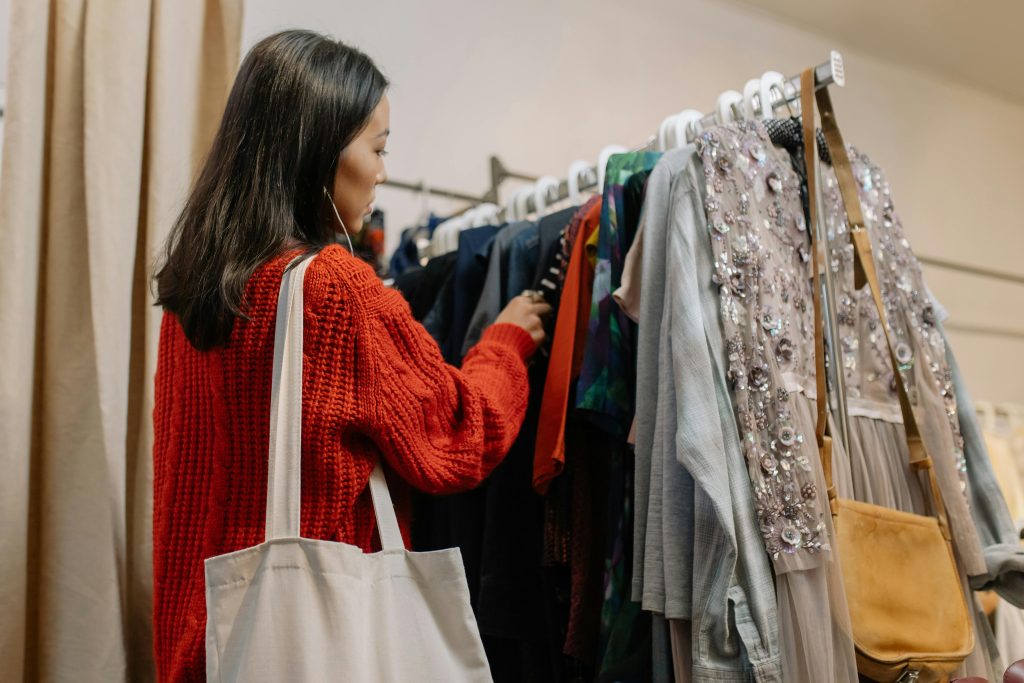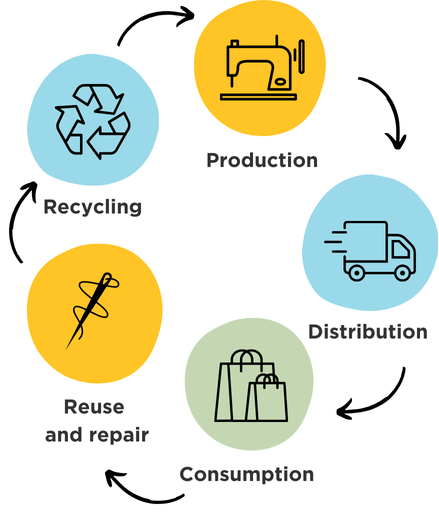
Welcome to the Glenorchy City Council Treasure Trail!
A treasure trail is a great way to explore our city, find hidden gems, save on costs and promote a circular economy.
A circular economy aims to eliminate waste and continually reuse, repair and recycle resources to create a closed loop of goods.
Why shop on the trail?
🌱 Environmental Benefits
- Reduces waste: Keeps items out of landfill and reduces textile waste.
- Lowers carbon footprint: Produces far less pollution than manufacturing new items.
- Conserves resources: Saves water, energy, and raw materials used in production.
💰 Financial Benefits
- Saves money: Items are often sold at a fraction of their original cost.
- Find high-quality brands for less: You can get designer or well-made items at a bargain.
- Great value for essentials: Clothes, books, homewares, and furniture at low prices.
🧠 Personal and Social Benefits
- Unique finds: Discover one-of-a-kind pieces or vintage items you won’t see elsewhere.
- Encourages creativity: Mix and match styles, upcycle, or DIY your finds.
- Supports local charities: Many thrift stores are operated by non-profits, so your purchase often supports a good cause.
👗 Fashion and Style
- Stand out from fast fashion: Develop a distinctive, personal style.
- Cycle through trends affordably: Try out trends without committing big dollars.
🌀 Circular Economy Support
- Promotes reuse: Helps shift consumer culture toward sustainability and responsible consumption.
- Encourages mindful shopping: Slows down impulse buying and fast-fashion habits.

Donating!
When thinking about donating to a second-hand shop, first ask yourself “is this good enough enough to give to a friend?”
👕 1. Only Donate What’s in Good Condition
- Clothes should be clean, undamaged, and wearable.
- Avoid donating items that are stained, torn, mouldy, or overly worn.
🧼 2. Wash Everything First
- Freshly laundered clothes are more likely to be accepted and resold.
- It also helps protect staff and volunteers handling donations.
📦 3. Sort and Pack Thoughtfully
- Fold clothes neatly and pack them in sturdy bags or boxes.
- Group similar items (e.g., children’s clothes, winter wear) if possible.
🧥 4. Think Seasonally
- Donate items that match the current or upcoming season—e.g., coats in winter, shorts in summer.
- This helps shops display and sell your items quickly.
❌ 5. Don’t Dump or Leave Items After Hours
- Leaving items outside can lead to damage from weather or theft.
- Always check the store’s opening hours and donation guidelines.
💬 6. Ask If They’re Accepting Donations
- Some op shops pause donations when they’re full.
- A quick call or check online can save you time and effort.
♻️ 7. Donate Responsibly
- If it’s not good enough to give to a friend, it might not be suitable for donation.
- Consider textile recycling or repair for items that aren’t resale-ready.
Remember, op shops can only accept saleable items.
